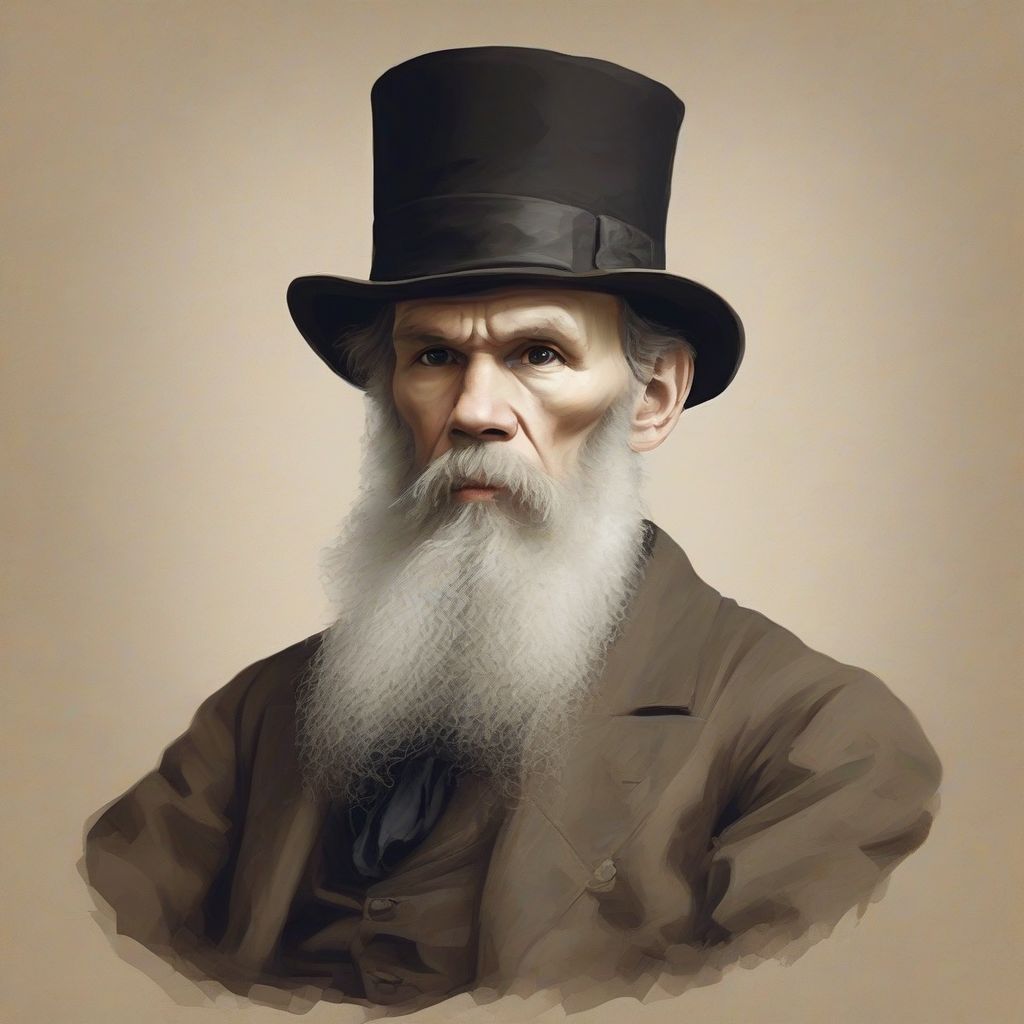Imagine a world where novels weren’t just stories, but sprawling tapestries of life itself, capturing the grand sweep of history and the intimate details of human existence. That’s the world Leo Tolstoy created, forever changing the landscape of the epic novel. But how did he do it? How did a Russian nobleman redefine a genre typically associated with heroes and gods, transforming it into a mirror reflecting the complexities of the human condition?
Tolstoy’s Revolutionary Approach to Realism
Tolstoy’s genius lies in his revolutionary approach to realism. He moved beyond simply portraying the external world and delved deep into the psychological and emotional lives of his characters. This psychological depth, coupled with his panoramic view of society, sets him apart from his predecessors. Unlike earlier epics that focused on extraordinary individuals and mythical events, Tolstoy grounded his narratives in the everyday lives of ordinary people, revealing the epic within the mundane.
 Leo Tolstoy Portrait
Leo Tolstoy Portrait
The Scope of the Everyday in War and Peace
War and Peace, arguably his most famous work, exemplifies this perfectly. The novel follows the interconnected lives of numerous characters against the backdrop of the Napoleonic Wars. While historical events play a crucial role, the true heart of the story lies in the personal struggles, loves, losses, and spiritual journeys of individuals from different social strata. Tolstoy meticulously portrays the inner world of his characters, revealing their motivations, doubts, and contradictions with unparalleled psychological insight. This focus on the internal, combined with the vast historical canvas, redefines the epic, making it both grand and intimately personal.
The Moral and Philosophical Underpinnings of Anna Karenina
Anna Karenina, another masterpiece, delves into the complexities of love, adultery, social hypocrisy, and the search for meaning in a rapidly changing world. Tolstoy’s exploration of Anna’s tragic fate and Levin’s spiritual quest offers a profound reflection on human morality and the consequences of individual choices. He masterfully weaves together intricate plotlines and explores universal themes, captivating readers with his insightful portrayal of human nature.



